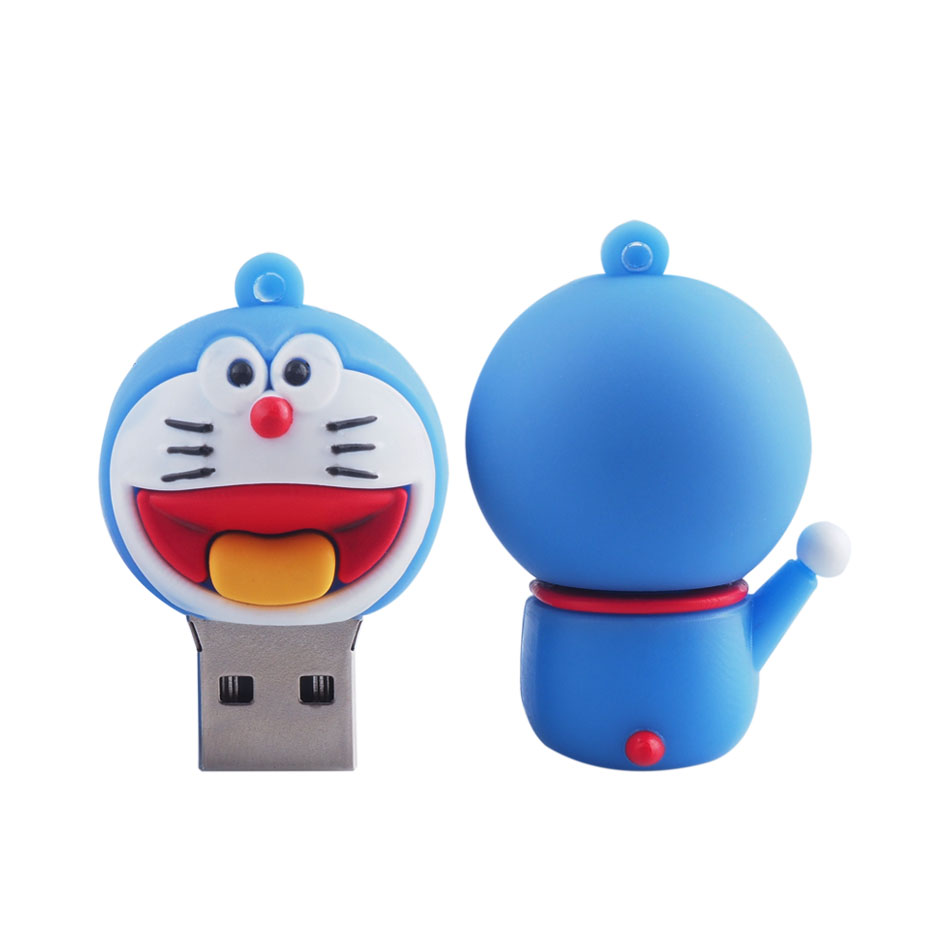
2016 Compras Oneline Regalo Promocional Productos adorable de dibujos animados Doraemon Banco de potencia con soporte para teléfono, cable USB, luz LED y Selfie Stick - China Banco de potencia y la

32GB 】 Cartoon happy Doraemon usb drive 8gb16gb 32gb Pen drive memory stick Lucky machine cat pendrive cat: Buy Online at Best Prices in SriLanka | Daraz.lk

Zoook Anime Doraemon 16GB USB Flash Drive - Buy Zoook Anime Doraemon 16GB USB Flash Drive Online at Low Price in India - Amazon.in

16GB 32GB 64GB Cartoon Red Blue Pendrive Doraemon USB Flash drive Memory U Stick|stick barrettes|stick memoryusb dvr stick - AliExpress
USB 2.0 Flash Drives Cartoon Doraemon Cat Memory Stick 64GB Pendrives Disk Gifts YAfe | Shopee Thailand
USB 2.0 Flash Drives Cartoon Doraemon Cat Memory Stick 64GB Pendrives Disk Gifts YAfe | Shopee Thailand

Un sueño sin Dora diseño del logotipo de disco Flash USB (DDGJ) - China USB de PVC y PVC memoria USB precio

Memorias USB Flash Drive Pen Memory Sticks USB 2.0 Doraemon U Disco Creativo Llavero transmisión de Datos portátil de Alta Velocidad (4GB, Doraemon?Pink,1?) : Amazon.es: Informática

Amazon.com: Memoria flash USB con disco en forma de U USB 2.0 Creativo Anime Lovely Doraemon U Disk 4 a 128 GB Estudiante Jingle gato robot gato de alta velocidad portátil impermeable : Electrónica

Nuevo Estilo de Dibujos Animados Unidades Flash USB Real Capacidad Doraemon Oso muñeco de nieve conejo Pen Drive 4G 8G 16G 32G 64G Memory Stick Pendrives|memory stick pendrive|pen drive 4gflash drive -















